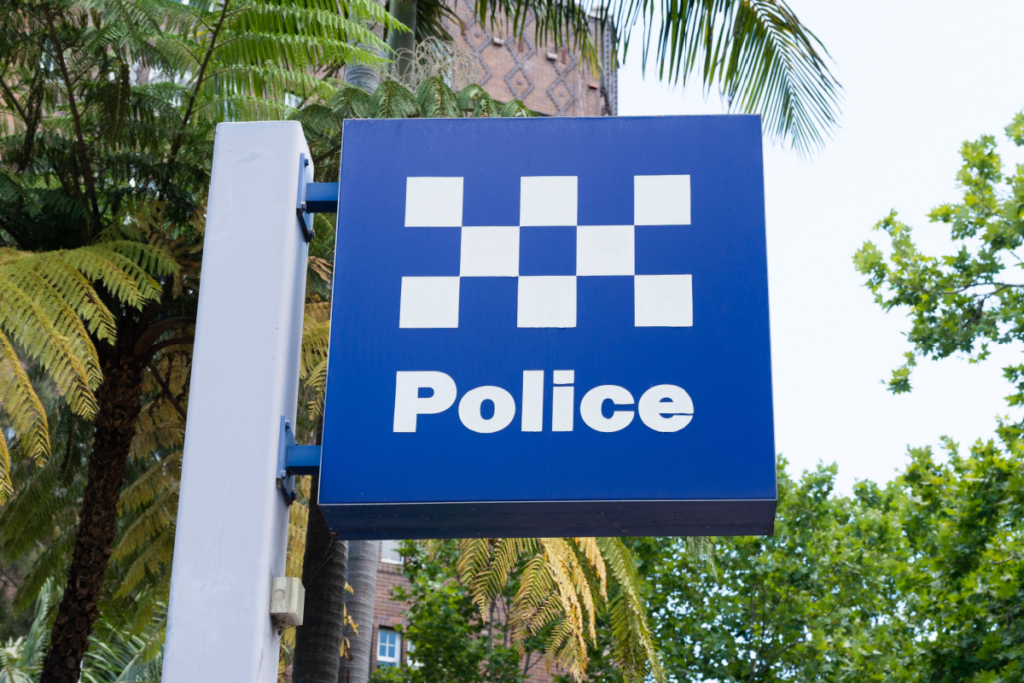Defining Police Search Powers in NSW
When police have reasonable suspicion that a person has committed or is about to commit a crime, they may stop and search a person or their belongings.
In NSW the law that governs and regulates the search powers held by NSW police officers and other law enforcement officers is outlined in the Law Enforcement (Power and Responsibilities) Act 2002 (LEPRA).
Types of Police Searches
There are three types of police searches: consent, warrant, and probable cause.
A consent search is when the person gives permission for the police to search them or their property. A warrant search is when a judge issues a written order allowing the police to search a specific place for specific evidence. A probable cause search is when the police have a reasonable excuse to believe that evidence of a crime is hidden in a specific place.
Generally, the police require a warrant before they can stop and search an individual. However, there are circumstances where a warrant is not required.
LEPRA
As detailed in the Act itself, LEPRA is
‘An Act to consolidate and restate the law relating to police and other law enforcement officers’ powers and responsibilities; to set out the safeguards applicable in respect of persons being investigated for offences; to repeal certain Acts and to consequentially amend other Acts; and for other purposes.’
Part 4 of LEPRA outlines the general personal search and seizure powers detailing current NSW police powers and circumstances under which a police officer may stop and search a person without a valid search warrant, if they have reasonable grounds.
Part 4 S21 of LEPRA explains how a police officer can search and detain a person if the police officer suspects on reasonable suspicion that the person has in their possession (or under their control) any of the following:
A prohibited plant or a prohibited drug
Anything stolen or otherwise unlawfully obtained
Anything used or intended to be used in connection with the commission of a relevant offence
A dangerous article that has been used in (or in connection with) the commission of a relevant offence
The definition and precedence of ‘reasonable suspicion’ was set in the R v Rondo case and is detailed below.
What Constitutes Reasonable Suspicion?
Reasonable suspicion according to the R v Rondo case ‘involves less than a reasonable belief but more than a possibility.’ The suspicion must have a factual basis, it cannot be based on hearsay or speculation. The belief must be formulated at the time of stopping and searching the person, it cannot be formed during the search or after the search.
The following situations do not, in themselves, give rise to reasonable suspicion:
appearing nervous;
being in the company of individuals who are suspected of having drugs;
being in an area that may be associated with drugs (such as a music festival).
The R v Rondo Case
In the R v Rondo case, the Court of Criminal Appeal ruled that the search of a vehicle (during which cannabis was found) was illegal because the officers involved didn’t possess a ‘reasonable suspicion’ at the time the stop and search was conducted.
The evidence gained from the illegal search was subsequently excluded as it was ruled to have been obtained illegally.
What are your rights if approached by police?
If police ask you to disclose your name and address, it’s best to comply with this request. However, you are not obliged to answer any further questions put to you by the police officer.
Never tell police that you are consenting to a search. You can still comply with their instructions, but it is best to never expressly give consent for a search. If you give consent, the police don’t need to prove that they had a reasonable suspicion to search you prior to doing so.
If the police choose to search you, it’s best to remain calm and cooperative.
Always ask to obtain legal advice before consenting to an interview or further discussions with the police at the police station. It is your right to have a lawyer present during a police interview and the police must comply with this request.
Key Takeaways
- NSW police possess search powers under the Law Enforcement (Powers and Responsibilities) Act 2002, allowing searches based on reasonable suspicion.
- There are three main types of police searches: consent, warrant, and probable cause, with specific conditions governing each.
- The concept of "reasonable suspicion" is critical, requiring factual basis and cannot be speculative or based on hearsay.
- Individuals have rights during police encounters, including not having to consent to searches and the right to legal advice.
- Understanding these powers and individual rights is crucial for navigating interactions with law enforcement in NSW.
Have You Been Charged with a Criminal Offence in NSW? Contact Hamilton Janke Lawyers
If you are being charged with a criminal offence in NSW, it is vital that you seek legal advice and legal representation. An experienced criminal defence lawyer will be able to advise you on how to proceed and assist you through every step of the process. Contact our expert Criminal Defence Lawyers now.
Written By

James Janke
James Janke is founding partner at Hamilton Janke Lawyers, and has more then decade of experience as a Criminal Defence Lawyer. Admitted to both the Supreme Court of New South Wales and High Court of Australia




